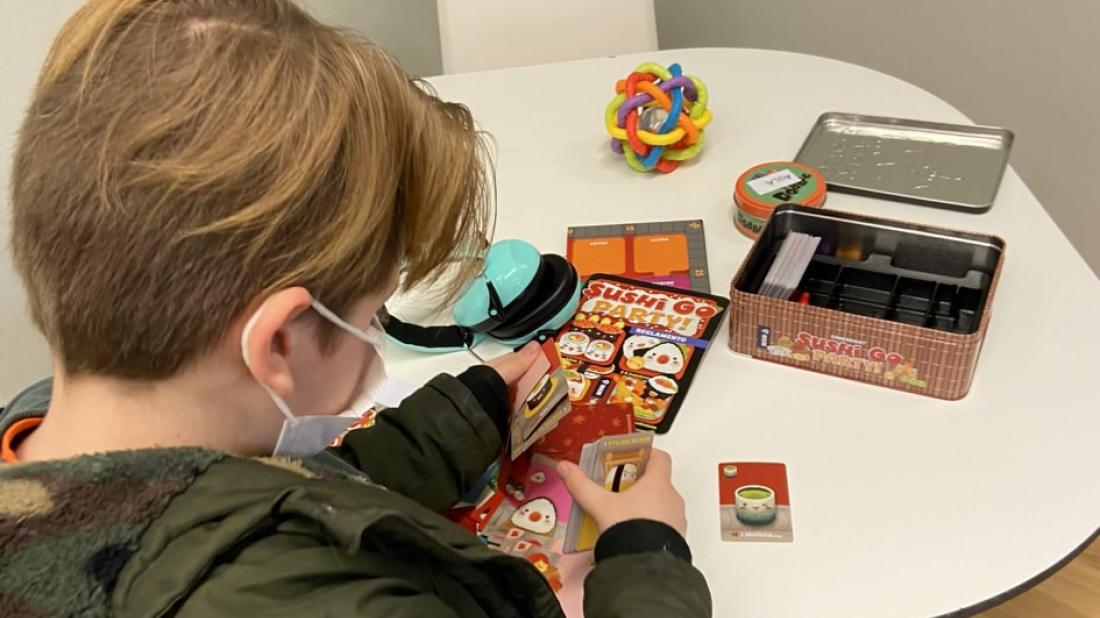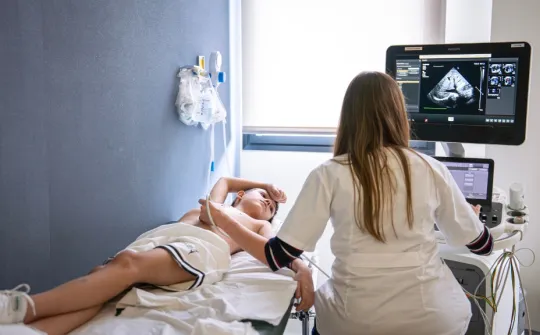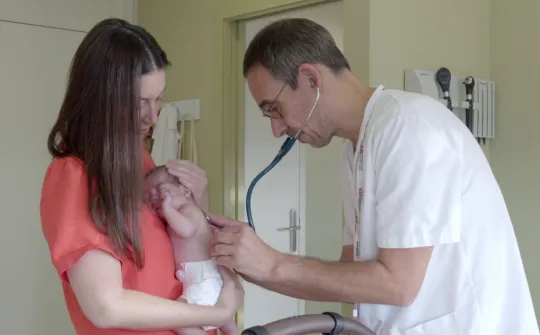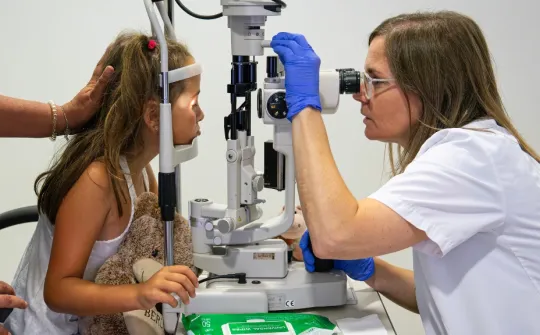
More than half of children with an autism spectrum disorder (ASD) have eating disorders or difficulties.
More than half of children with an autism spectrum disorder (ASD) have eating disorders or difficulties: they can be very picky eaters, refuse certain foods or display other disruptive behaviour.
Some children only eat a very limited number of different foods and, in some cases, even need nasogastric tubes to be fed; others only accept food of a certain colour or a certain shape; and others reject solids and their diet is limited to eating purees until they are quite old, in some cases up until adolescence or even into adulthood.
In most cases, these eating behaviours are due to sensory abnormalities (hypersensitivity and/or hyposensitivity), and ritual and repetitive behaviours typical of autism spectrum disorders. An episode of choking or gastrointestinal upset caused by the intake of a particular food can also trigger rejection.
To help the families of children with autism who have these eating difficulties, the autism unit at SJD Barcelona Children's Hospital Unim TEA has a pioneering programme that includes group and individual sessions, where healthcare professionals give them strategies and ask them to record how they try them out at home.
TEAlimento, group intervention for families and children
The dietary programme includes two types of intervention. One of them, TEAlimento, is a group intervention (involving five children with their families) and is designed for girls and boys from three to eight years old without a severe intellectual disability who eat fewer than 20 different foods or who only accept purees. A clinical psychologist meets with these children's parents once a week, for 12 weeks, with the aim of giving them guided training and suggesting strategies to help them introduce new foods into their child's diet. At the same time, a nurse takes care of the little ones and works on sensory exposure in the context of play to create a new experience with food for the children in a fun way.
For children who accept fewer than three different foods, who have severe disabilities or behavioural disorders that make it difficult for them to take part in group sessions, individual sessions are held between their parents and the clinical psychologist and/or nurse and a very personalised approach is adopted.
The head of the programme, Mireia González Rodríguez, explains that the aim is to improve the child's nutrition so that "they can have a healthy but realistic diet taking into account their restrictions and their primary difficulties".
Children who are candidates to take part in this programme are referred by the specialists who treat them at the Hospital or at the child and adolescent mental health centres (CSMIJ) or early care centres (CDIAP).
Eight-year-old Manu is one of them. When he was referred to the programme, he only ate pizza and soup. "Now he eats everything", explains Laura, his mother, "and this was made possible thanks to the strategies and advice the psychologist gave us and that have changed our lives. For example, it never would have occurred to me to put a single pasta tube on the table in front of my son. But by doing that, he touched it and smelled it, and he managed to overcome his resistance to trying it. Now he eats a whole plate of pasta tubes".



